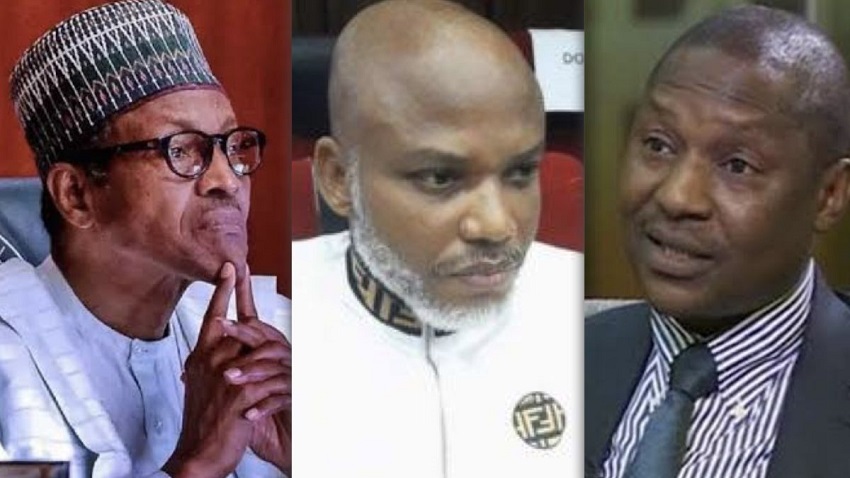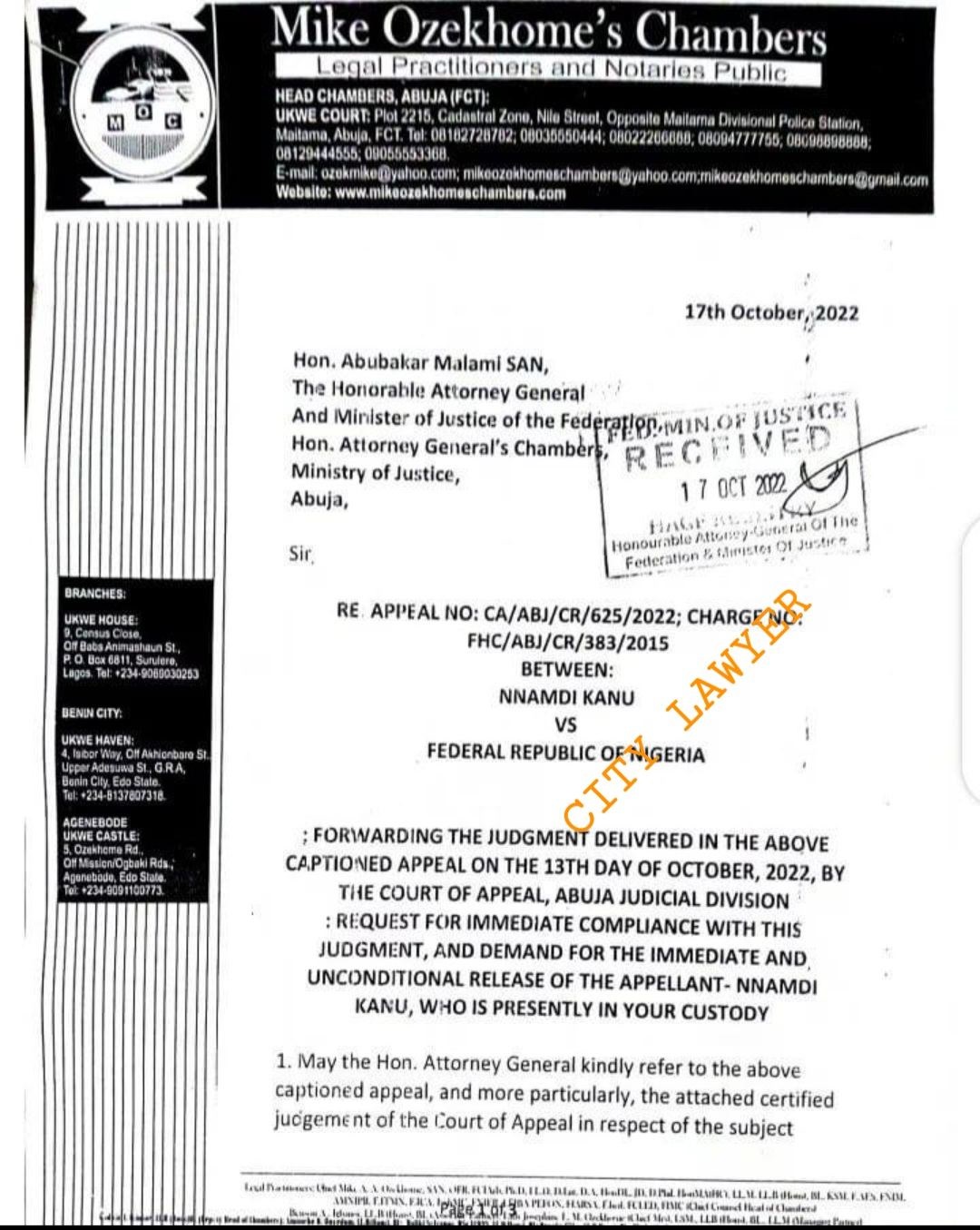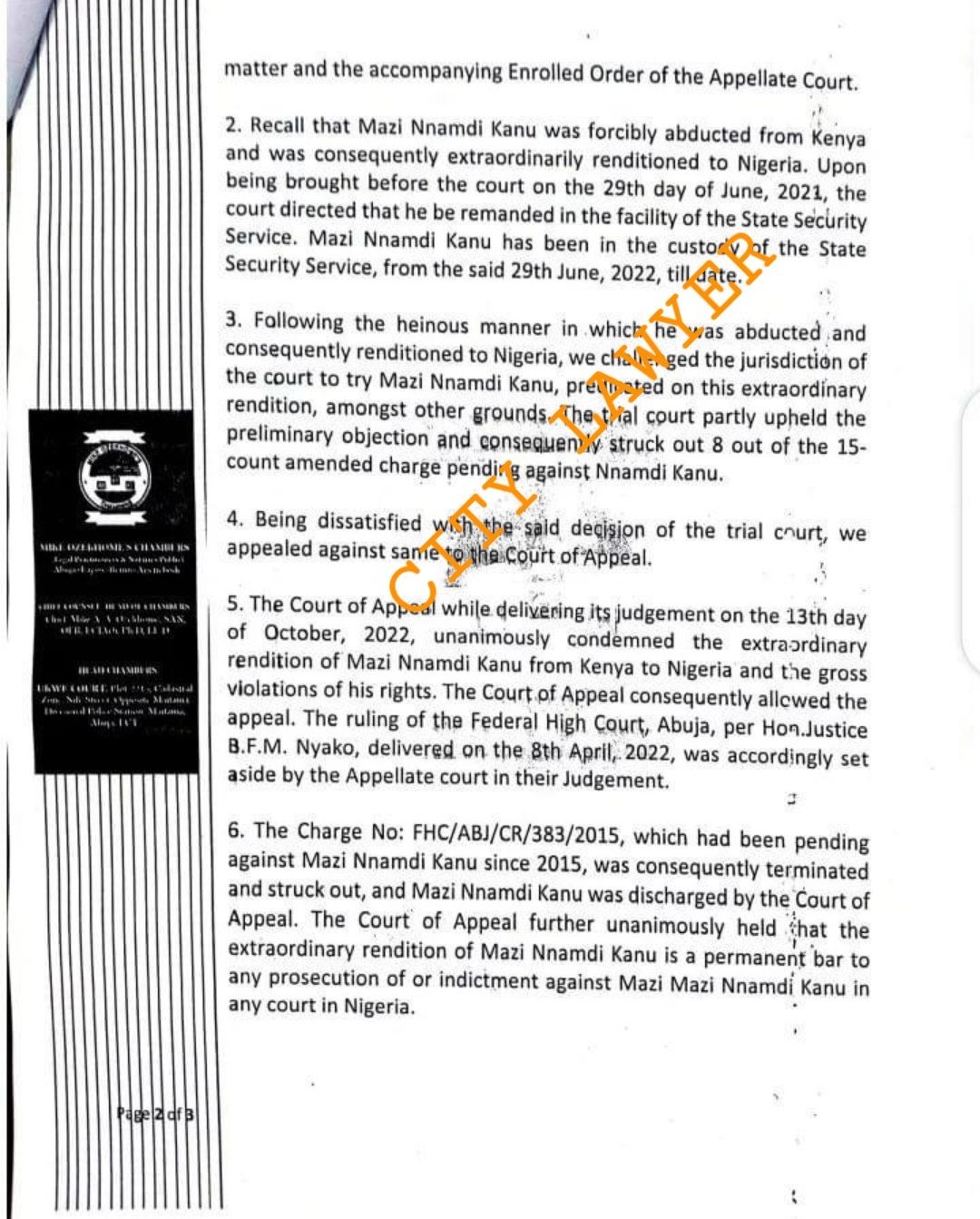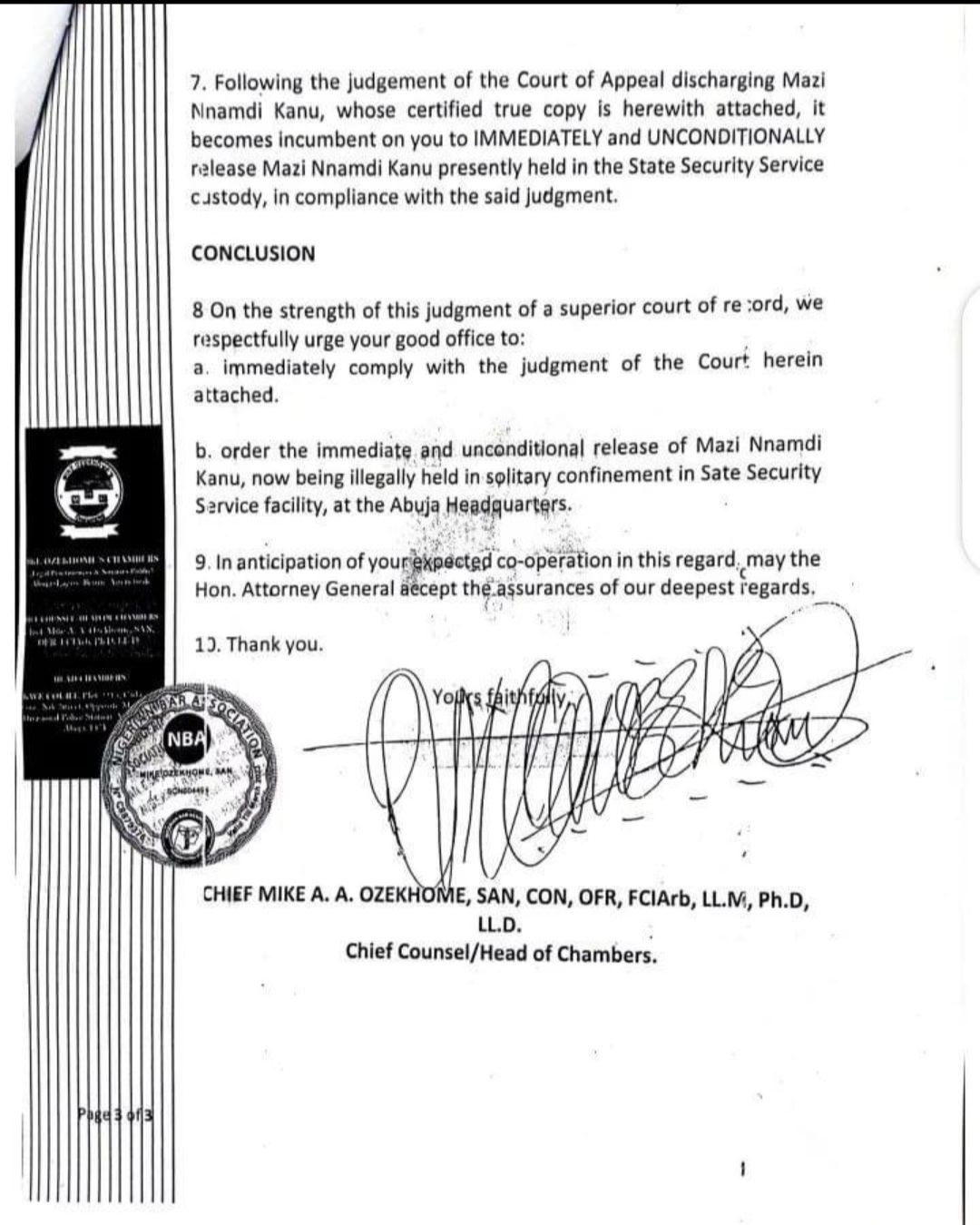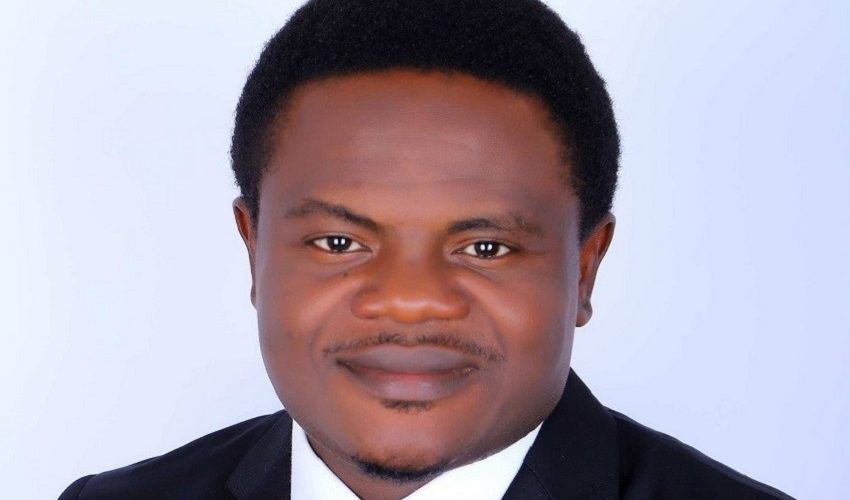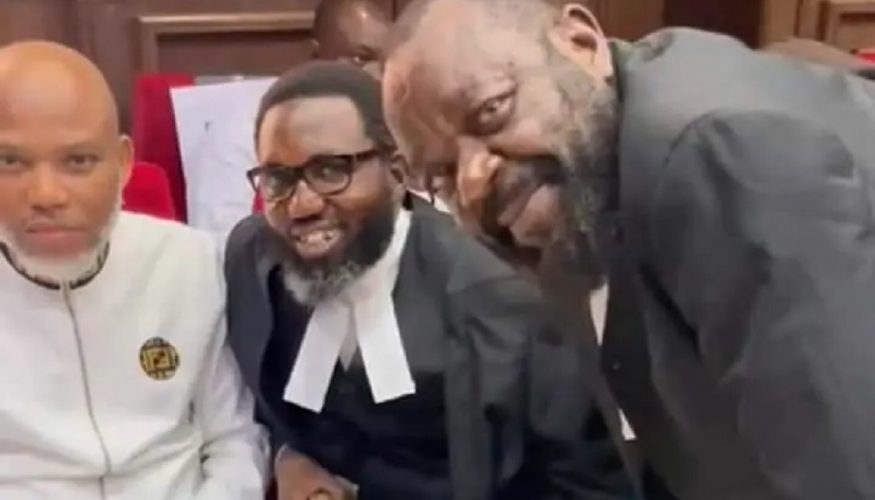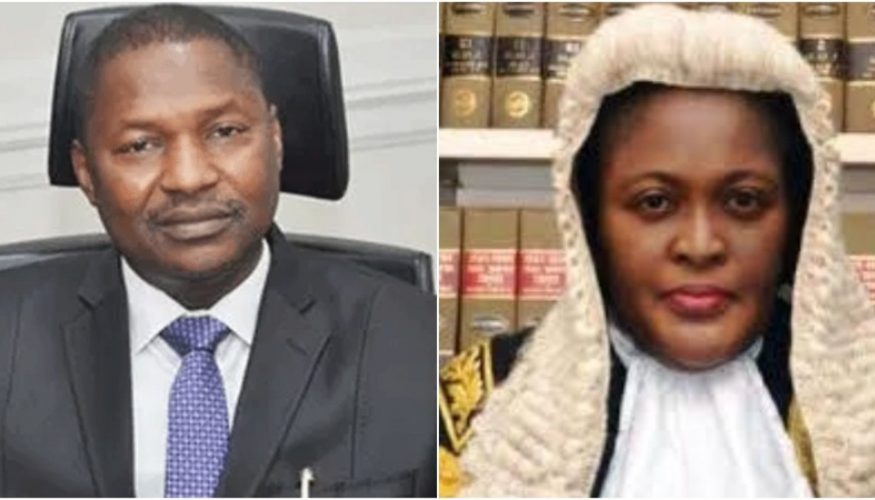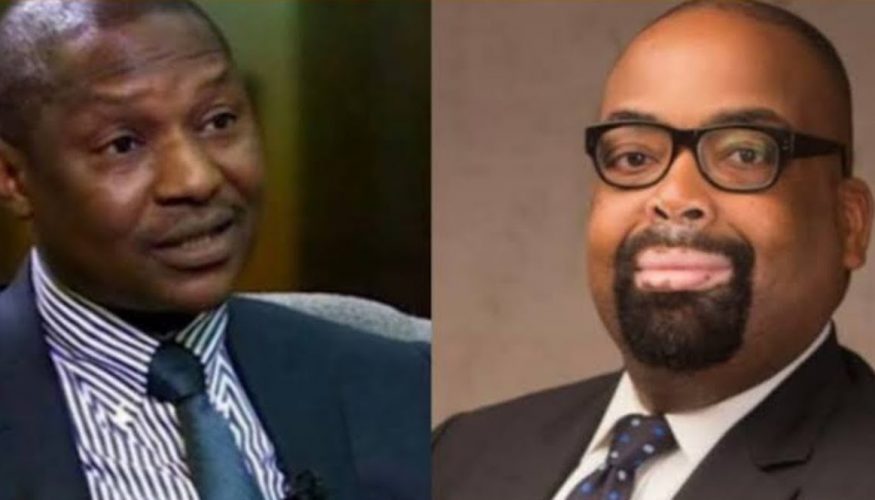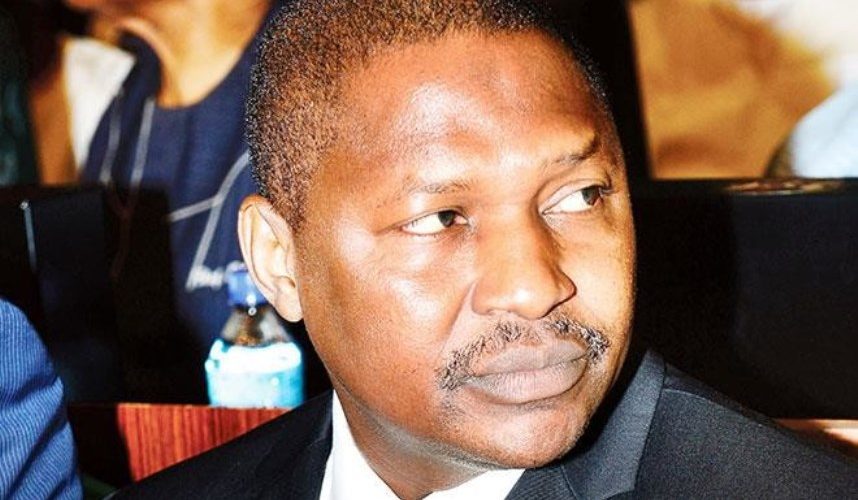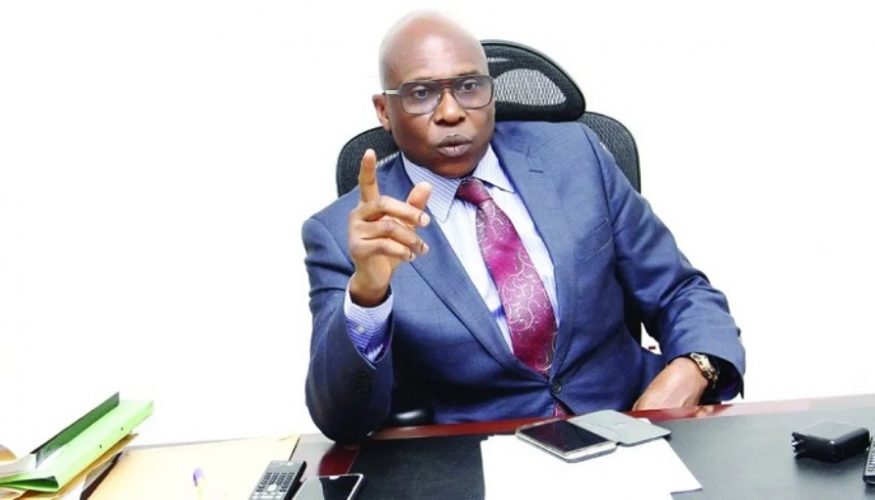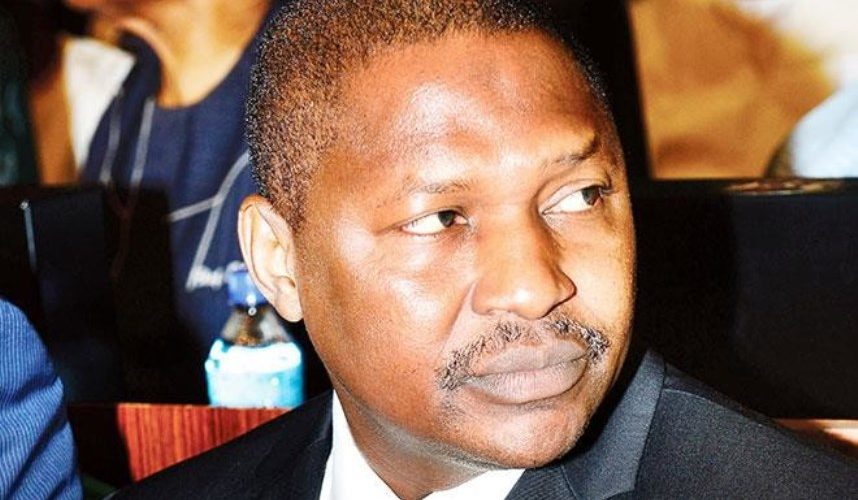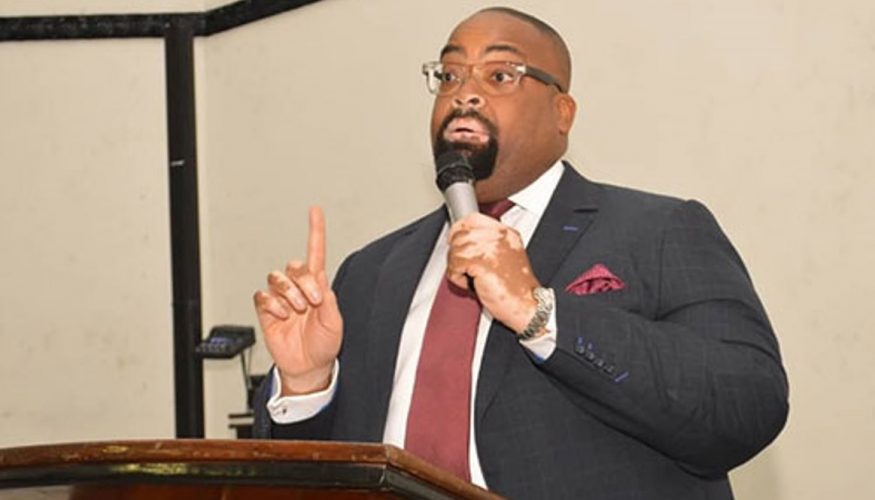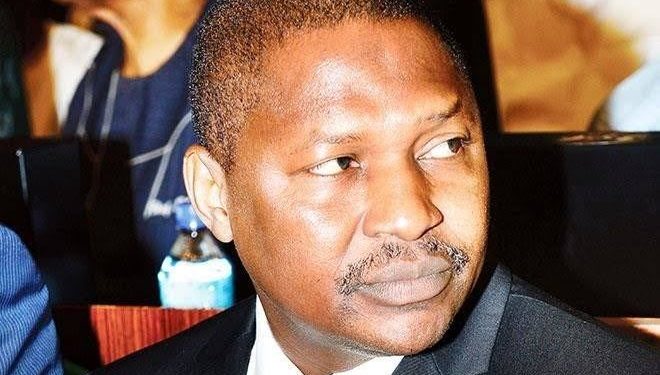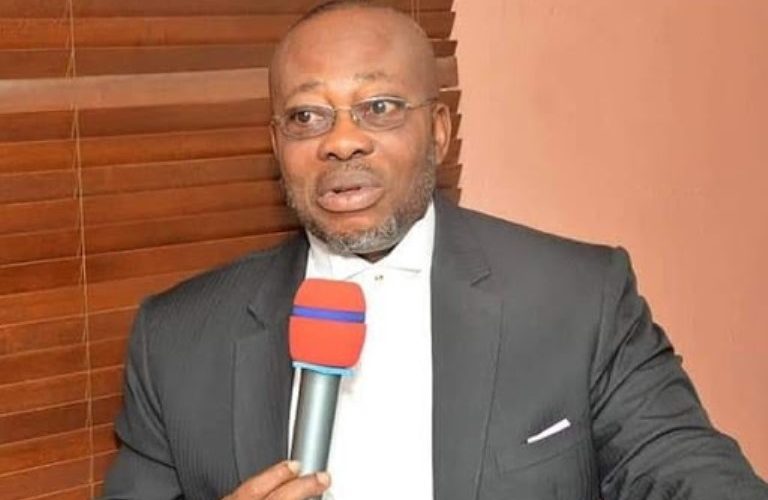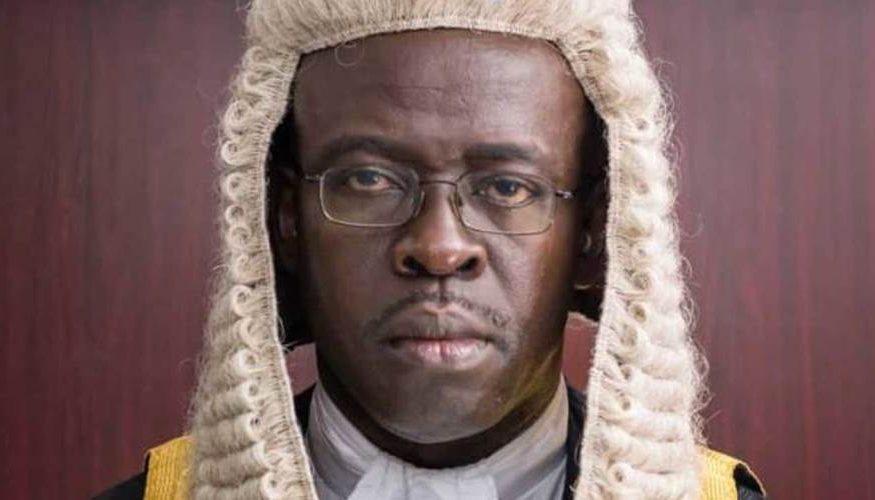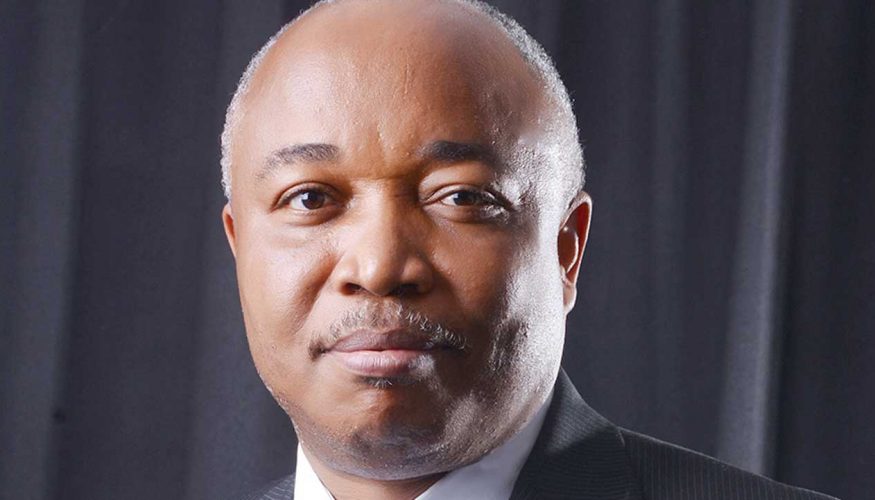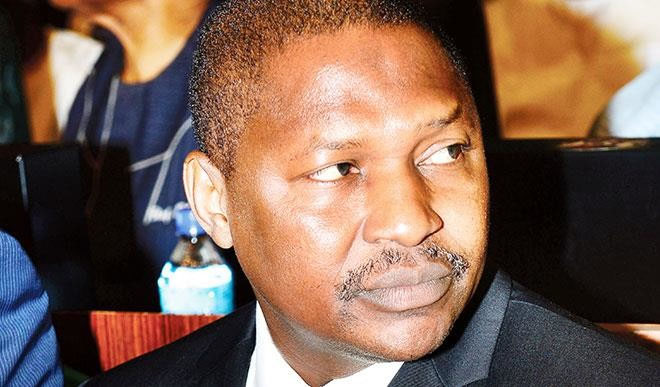Against the backdrop of the controversy that has trailed Diaspora funding of elections in Nigeria, AKINTAYO BALOGUN, a legal practitioner argues that crowdfunding being proposed by Nigerians in the diaspora in support of Mr. Peter Obi’s presidential bid does not infringe the Electoral Act
PROPRIETY OF THE SPONSORSHIP/FUNDING OF POLITICAL PARTIES/ASPIRANTS BY INDIVIDUALS OR ASSOCIATIONS UNDER THE 1999 CONSTITUTION AS AMENDED AND THE ELECTORAL ACT 2022
The recent outing of the Attorney General of the Federation, Mallam Abubakar Mohammed, SAN, on issues surrounding the funding or sponsorship of candidates and political parties for the 2023 general elections has raised much dust as to the propriety or otherwise of this funding. The Attorney General had stated that “Any Nigerian who lives abroad, funding the campaign of Peter Obi shall be arrested. It is against our electoral law”.
He further stated that “We’ve received a signal that some individuals, mostly Nigerians living abroad have taken it upon themselves to fund the campaign of Mr. Peter Obi who’s the Presidential candidate of the Labour Party in the forthcoming Presidential election”.
Also citing in parts, he stated thus “What these individuals failed to understand is that Nigerian is a democratic nation governed by democratic rules and regulations. It is against the electoral act for those living abroad to sponsor any candidate in an election. Those involved should desist from such act or have us to contend with. We will resist it by all means. Such fund cannot enter Nigeria. Although we have put measures on ground to apprehend those who will get themselves involved in such an act.”
His statement was possibly in reaction to the report that Nigerians in the diaspora have formed groups of committees to launch crowd funding initiatives for the presidential candidate of the Labour Party (LP), Mr. Peter Obi. It is alleged that they plan to unveil in the coming days a crowdfunding portal with a target to raise $150 million from Obi’s supporters in the diaspora and N100 billion from supporters in Nigeria.
With utmost respect to the Attorney General of the Federation and everyone raising concern/grievances against the planned crowdfunding or any funding coming from the diaspora or within, the position taken by the A.G is inconsistent with the provisions of the 1999 Constitution and Electoral Act 2022. There is no provision of the Constitution or of the Electoral Act that places a blanket ban on the support of elections, political parties, or support of candidates from the diaspora. Rather the Constitution made specific provisions as to the procedure to be followed when support for electioneering procedure is coming from outside the country. The following subheads have been raised to discuss these issues arising from funding electioneering activities in Nigeria.
1. Does the Constitution or Electoral Act forbid individuals, groups, or Associations in the diaspora from raising funds on behalf of a PARTY or a CANDIDATE?
The only relevant section of the Constitution in respect of funding or owning assets by political parties in the diaspora is provided for under Section 225(3) of the Constitution which states thus:
(3) No political party shall –
(a) hold or possess any funds or other assets outside Nigeria; or
(b) be entitled to retain any funds or assets remitted or sent to it from outside Nigeria.
(4) Any funds or other assets remitted or sent to a political party from outside Nigeria shall be paid over or transferred to the Commission within twenty-one days of its receipt with such information as the Commission may require.
The above provisions of the Constitution do not prohibit or stop a party from having assets or receiving funds from outside the Country. The Constitution only provides for procedures by which the funds are to be brought into the country and utilized. To complement the provisions of the Constitution, Section 86 of the Electoral Act provides thus:
86.—(1) Every political party shall submit to the Commission a detailed annual statement of assets and liabilities and analysis of its sources of funds and other assets, together with statement of its expenditure including hard and soft copy of its list of members or in such a form as the Commission may require.
Contrary to the statement by the Attorney General of the Federation, by these provisions, political parties are not banned from owning assets outside the country. The only duty that lies on the political party is to ensure that the assets belonging to the political parties are paid over or transferred to INEC within twenty-one days of its receipt in Nigeria. Once the assets are declared and/or transferred to INEC in line with the provisions of the Constitution and the Electoral Act, the political parties are free from any wrongdoing. The Attorney General of the federation and any other interested party cannot read into the Constitution or Electoral Act what does not exist or is not contained there. The provisions here are clear and unambiguous and should be given their ordinary meaning. In the case of A-G, ONDO STATE v. A-G, EKITI STATE (2001) 17 NWLR (Pt.743) 706 at 756, PARAS. D – E, Kutigi, J.S.C. (later C.J.N), in his lead Judgment, stated the Rules governing the interpretation of statutes as follows:
“It is certainly a cardinal principle of interpretation that where in their ordinary meaning the provisions are clear and unambiguous effect must be given to them without resorting to any aid internal or external. It is the duty of the court to interpret the words of the law maker as used. Those words may be ambiguous, but even if they are, the power and duty of the court to travel outside them on a voyage of discovery are strictly limited.”
An action can only be an issue against the political parties in the event that these parties fail to declare their asset or falsely declare their assets or fail to transfer same to INEC within the said 21 days as provided for in the Constitution. See Section 86(3) of the Electoral Act which makes provision for the punishment to be meted out to anyone who acts outside the provision of the Electoral Act.
Furthermore, Section 90(1) of the Electoral Act also provides that a political party shall not accept or keep in its possession any anonymous monetary or other contribution, gift, or property, from any source. The Constitution and the Electoral Act place much responsibilities on Parties. However, it does not restrict or place a blanket ban on the parties from receiving donations and support from known and traceable sources. The duty is on the political party to ensure that it can trace the source of anyone that sends financial or material support to the party. Same should be remitted to the Commission if it comes from outside the country. This is the position of the Constitution and the Electoral Act on political parties.
Furthermore, one of the points of emphasis in this discussion is in respect of funds contributed and being sent to a Party and funds being sent to the candidate directly. The makers of the Constitution and the Electoral Act were careful in the choice of words, particularly in the use of ‘political Party’ and ‘Candidate’. The Constitution of the Federal Republic of Nigeria makes no provision or gives guidelines as to funds received from Nigerians abroad and sent to the candidate directly or to his support groups. The candidate and his support groups are different entities from the political party on whose platform the candidate seeks to be elected even though they all have the same intention of winning the elections. Candidates are therefore not bound by the provision of 225(3) of the Constitution.
This provision did not restrict any entity or individual contributions from the diaspora or in Nigeria in support of any candidate. Contributions can be made individually from anywhere in the world to the candidate without recourse to the party.
It must be noted however that Individual or entity contributions made in support of an aspirant or party shall not exceed N50 Million per contributor. Section 88(? of the Electoral Act however provides for individual contribution. It states thus:
“88(? No individual or other entity shall donate to a candidate more than N50,000,000”.
In essence, a candidate may receive contributions in excess of N50 Million as long no single individual or entity contributes an amount in excess of the said N50 Million. A duty is placed on the candidate to ensure that no contribution of any single individual or entity is in excess of N50 Million Naira or its equivalent in any foreign currency. A candidate can have as much as a billion naira sent to him as long as no single individual or entity sent in excess of N50 Million
An individual who contravenes this above provision of the Act is liable on conviction to a maximum fine of N500,000 or imprisonment for a term of nine months or both. This is probably where the powers of the Attorney General can come in to prosecute individuals or entities that contribute above the threshold.
2. Is there a limit to the amount that can be raised in support of a candidate?
This is where the powers of the Commission come in to play. Now INEC by virtue of Section 87(1) of the Electoral Act has the powers to determine whether the $150 Million being contemplated by Nigerians in the diaspora or the N100 Billion being contemplated for Nigerians in Nigeria, is either beyond or is within the limit. The section provides thus:
87.(1) The Commission shall have power to place limitation on the amount of money or other assets which an individual can contribute to a political party or candidate and to demand such information on the amount donated and source of the funds.
Unfortunately, till date, the Commission is yet to make a statement or give directives placing a cap or limit to the support of political parties or give any directive as to the amount that can be raised and given to a candidate for his campaigns/support groups. Until the Commission gives a directive, funds being raised are within the ambit of the law and there is no ground for any prosecution by the Attorney General or any functionary of the government. So until the commission makes an informed statement, supporters of a party are at liberty to raise as much as they would but not above N50 Million per head to the candidate or the political party.
Furthermore, the Electoral Act 2022 makes specific provisions for the amount that a political party must spend for a particular level of election. A political party is not allowed to spend beyond N5 Billion for the Presidential election. Note however that the amount raised by the political party or a candidate is different from the amount used in prosecuting the election. A party may raise in excess of N5 Billion Naira for its presidential election but must not spend above that amount as provided for in the Electoral Act. The wordings of these provisions of the Electoral Act are very clear and unambiguous and do not call for any other aids for their construction. See DANKWABO V ABUBAKAR & ORS(2015)LPELR-25716 (SC).
3. Can a Party or Candidate be held liable for funds being raised without their knowledge, consent, or approval?
The hopes and expectations for the next political dispensation in Nigeria amongst Nigerians at home and abroad have created a situation where many support groups are formed and registered, funds are being raised and moved across the borders, rallies are being organized and support meetings are being held without the slightest knowledge, consent, and approval of the party or the candidate. The parties or candidates only get to know some of the support groups and funding through the media without having any say in their management. Some of these support activities are being done out of goodwill and support for a particular candidate or political party. However, some of these groups are using the same as an avenue to perpetuate fraud and launder funds under the guise of supporting a particular candidate. During the campaigns leading to the elections that were held in 2015, we had reports of persons who gave out their entire lives saving in support of candidates in the election but some of the candidates never got to know or meet the majority of the people, especially the poor masses that donated all their resources for the course. How then do you hold a person or party liable for what was done in their name without their knowledge, consent, or directives?
Furthermore, if individuals decide to contribute to the campaign of a candidate but refuse to send the monies to the party or the candidate, can the party or candidate compel them to do that? No political party has powers over monies raised for an election except for the monies directly sent to it by its followers or supporters. The candidate can also not be held liable for funds raised and meetings held without their knowledge or consent.
Therefore, it would be in the interest of support groups to always link up with their candidate or the party they are supporting. Parties and their candidates have a duty to issue public disclaimers if they are unable to link up with these groups operating without their knowledge and consent or where funds are being laundered without their knowledge and consent. An example of this played out when Senator Ahmed Datti, the vice presidential candidate of the Labour Party was compelled to issue a disclaimer when he realized that several social media platforms were in operation in this name but without his knowledge and consent. He stated that he had not operated a social media account in several years and knew nothing about the operations of these accounts. This would help the State in prosecuting anyone operating such accounts without the knowledge of the candidate and will exonerate the candidate or party of any wrongdoing on the said platforms.
In Conclusion
Neither the Nigerian 1999 Constitution, as amended nor the Electoral Act, 2022 forbids a blanket foreign donation to either political parties or their Candidates. There is a duty placed on Political parties when funds and assets have been amassed from outside the country. There is also a limit to the amount an individual can contribute in support of a candidate. It is the duty of the political party and candidates to be vigilant and to monitor the activities of support groups to forestall unlawful activities and the laundering of funds under their name.
The Crowdfunding being proposed by Nigerians in the diaspora in support of Mr. Peter Obi and his support group is within the ambit of the law as long as no single individual or entity contributes an amount in excess of N50 Million or its equivalent in any foreign currency. Every other candidate in the forthcoming election can do well to encourage support from Nigerians in the diaspora and same should be done within the ambit of the law.
Akintayo Balogun Esq., LL.B (Hons), BL, LL.M, is a legal practitioner in private practice based in Abuja, FCT. A prolific writer, public affairs analyst, and commentator on national issues. akinson6@gmail.com.
To join our Telegram platform, please click here
COPYRIGHT 2022 CITY LAWYER. Please send emails to citylawyermag@gmail.com. Join us on Facebook at https://web.facebook.com/City-Lawyer-Magazine-434937936684320 and on TWITTER at https://twitter.com/CityLawyerMag. To ADVERTISE in CITY LAWYER, please email citylawyermag@gmail.com or call 08138380083. All materials available on this Website are protected by copyright, trade mark and other proprietary and intellectual property laws. You may not use any of our intellectual property rights without our express written consent or attribution to www.citylawyermag.com. However, you are permitted to print or save to your individual PC, tablet or storage extracts from this Website for your own personal non-commercial use.
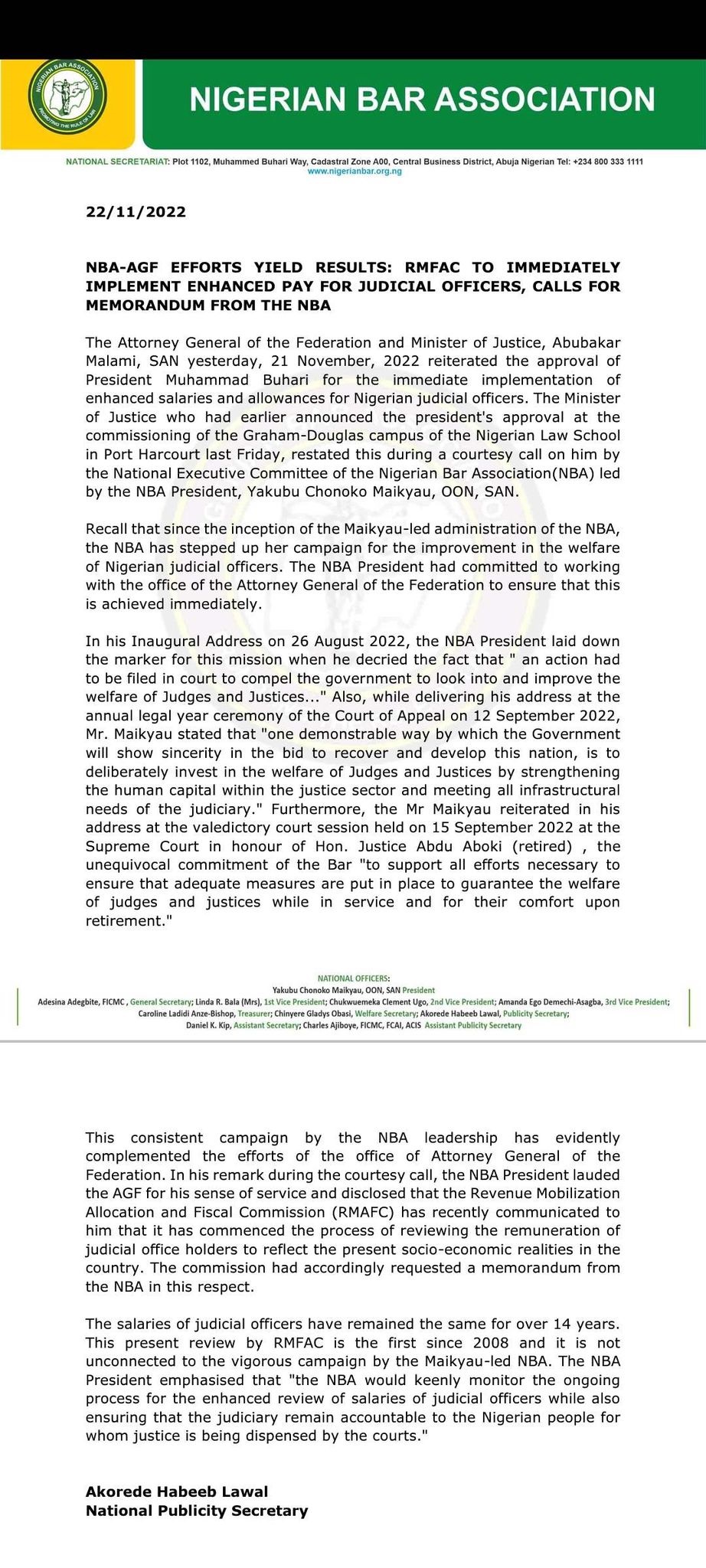
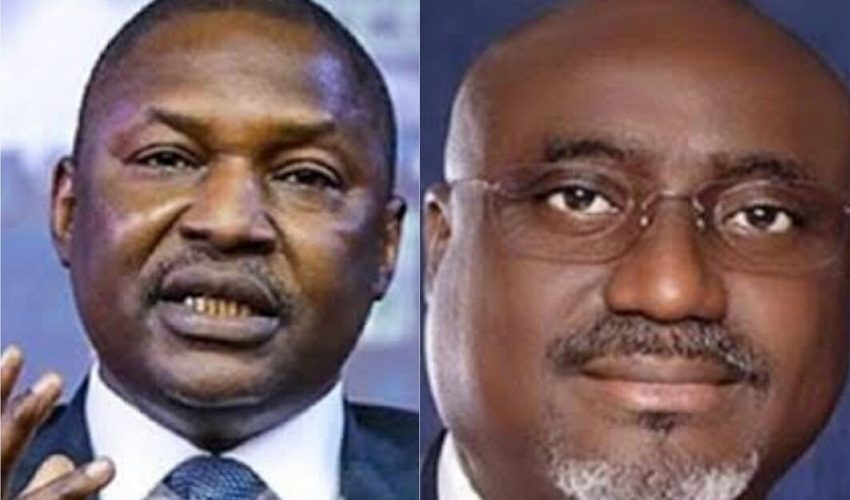
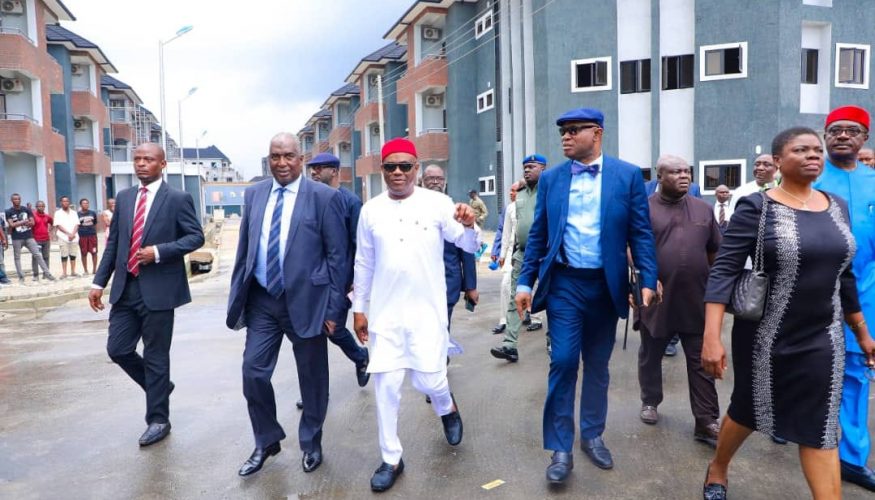
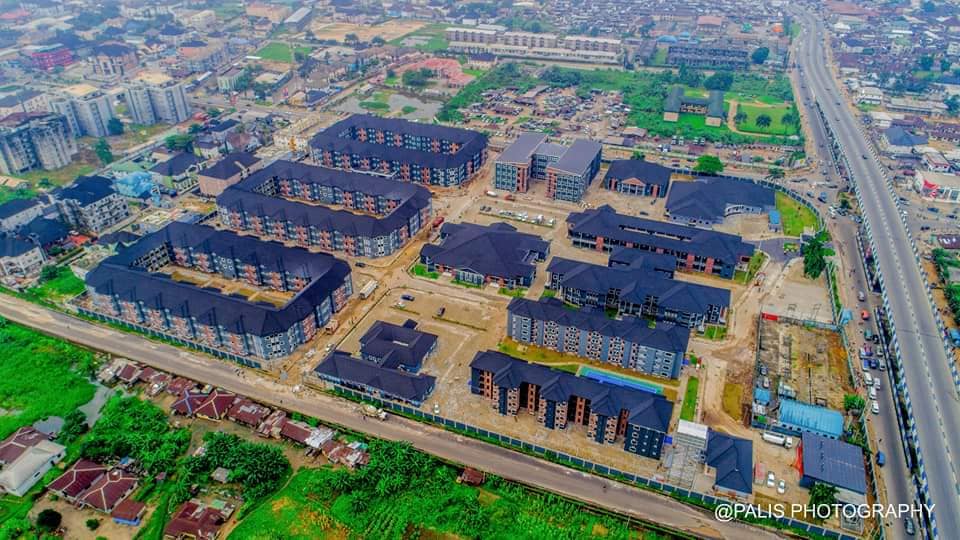
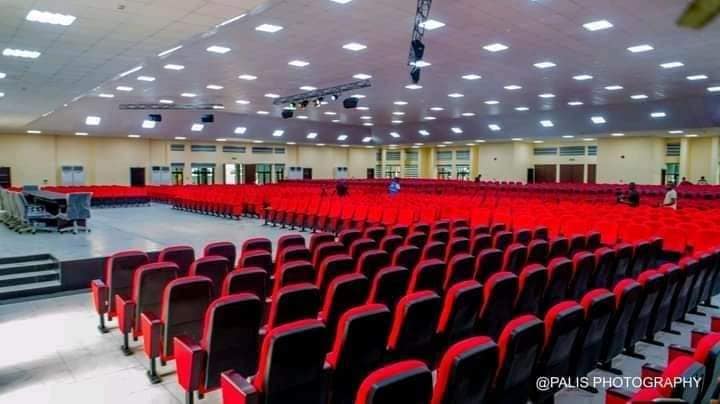 To join our Telegram platform, please click
To join our Telegram platform, please click 